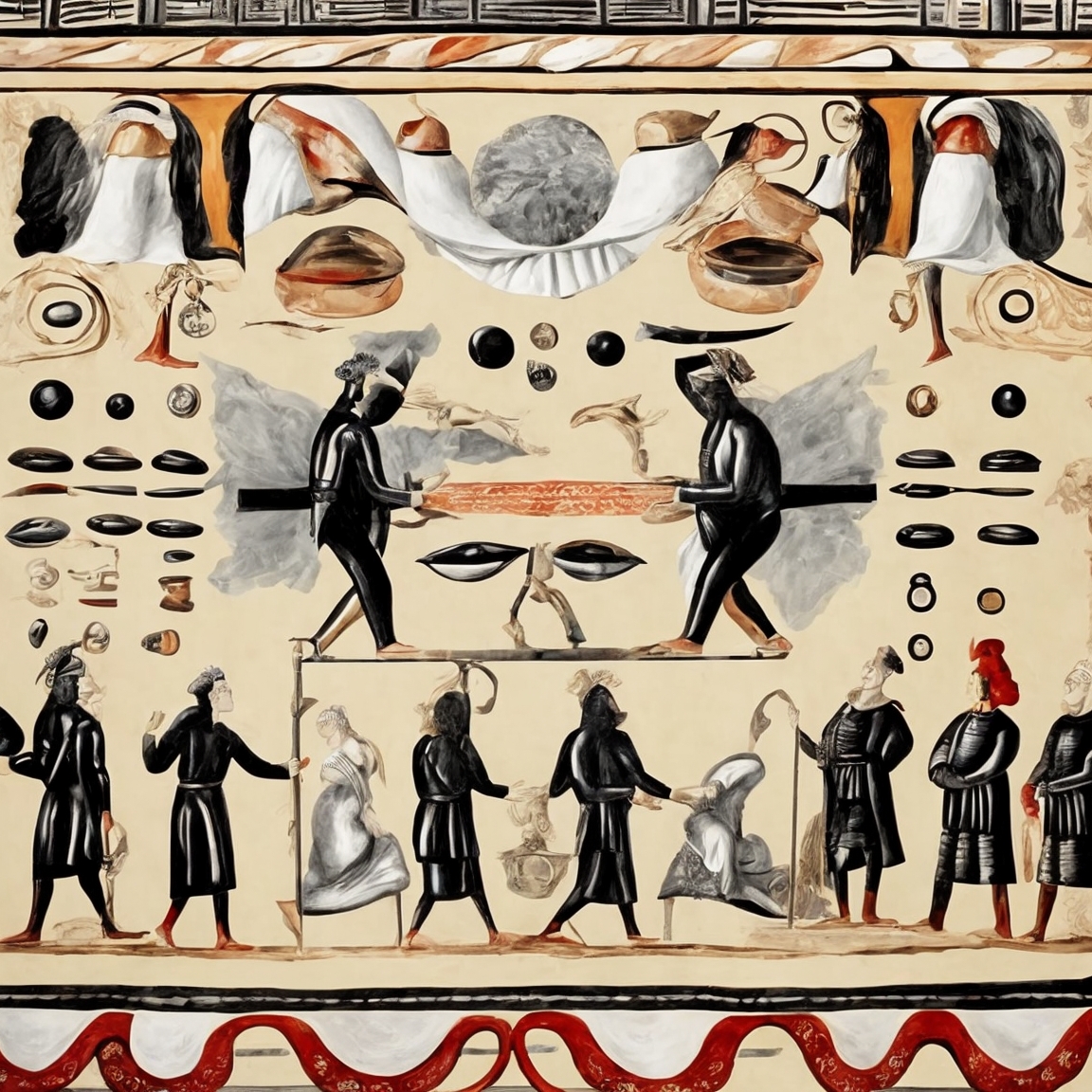The Art of Science: A Journey into Astrobiology and the Search for Life Beyond Earth
The Art of Science: A Journey into Astrobiology
Exploring the Universe and the Possibility of Life
The vast expanse of the universe has long captivated the human imagination, sparking curiosity about the possibility of life beyond our planet. Astrobiology, a fascinating field of science, delves into this very question, exploring the origins, evolution, and potential existence of life elsewhere in the cosmos. In this blog post, we embark on a journey into the intriguing world of astrobiology, uncovering the scientific quest to find our place in the universe and the potential for extraterrestrial life.
The Origins of Astrobiology: A Multidisciplinary Approach
Astrobiology is a relatively young field, having emerged as a distinct discipline in the late 20th century. It is an inherently multidisciplinary endeavor, drawing on expertise from a diverse range of scientific domains. Astronomers, biologists, geologists, chemists, and physicists unite to study the potential for life on other worlds, each bringing their unique perspective and knowledge to bear. This collaborative approach is essential due to the complex and varied nature of the questions astrobiology seeks to answer.
Defining Life: A Central Challenge
At the heart of astrobiology lies a fundamental question: What is life? Defining the very concept of life is a challenging task, especially when considering the potential for life forms unlike anything on Earth. Astrobiologists must consider a broad spectrum of possibilities, from simple microbial life to complex, intelligent civilizations. The search for biosignatures, or indicators of life, is a critical aspect of this endeavor. These could include specific molecules, atmospheric compositions, or even technological signatures that suggest the presence of life, no matter how different it may be from our own.
Exploring Our Cosmic Neighborhood: Mars and Beyond
Our solar system provides a diverse array of celestial bodies to study, each offering unique insights into the potential for life. Mars, often referred to as the Red Planet, has been a focal point of astrobiological exploration. With evidence of past water and a thin atmosphere, Mars presents intriguing possibilities for the existence of microbial life, either past or present. Missions such as NASA’s Perseverance rover are currently exploring the Martian surface, seeking signs of ancient life and furthering our understanding of the planet’s habitability.
The Icy Moons of the Outer Solar System
Beyond Mars, the outer reaches of our solar system hold further promise for astrobiological discoveries. The icy moons of Jupiter and Saturn, such as Europa and Enceladus, are of particular interest. These moons are believed to harbor vast subsurface oceans of liquid water, heated by tidal forces. These oceans could provide habitable environments, shielded from the extreme radiation and temperatures of space. Spacecraft like NASA’s Europa Clipper and ESA’s JUICE (JUpiter ICy moons Explorer) mission will soon venture to these distant moons, seeking to unravel their secrets and assess their potential for hosting life.
The Search for Extraterrestrial Intelligence (SETI)
While astrobiology primarily focuses on the search for microbial life, the prospect of intelligent extraterrestrial life also captivates scientists and the public alike. The Search for Extraterrestrial Intelligence, or SETI, is a dedicated effort to detect technological signatures from advanced civilizations beyond Earth. This endeavor involves scanning the skies for artificial radio or optical signals that could indicate the presence of intelligent life. Projects like the Breakthrough Listen initiative are dedicated to this search, using powerful telescopes to survey the sky for potential signals from distant civilizations, hoping to make first contact.
Final Thoughts: The Art of Science and the Quest for Knowledge
Astrobiology represents the pinnacle of human curiosity and our innate desire to explore and understand the universe we inhabit. It is a testament to the power of science to push the boundaries of knowledge and expand our perspective. Whether it is the search for microbial life on Mars or the quest for intelligent civilizations among the stars, astrobiology captivates our imagination and drives us to continue exploring, always seeking answers to the profound question of whether we are alone in the universe.













































